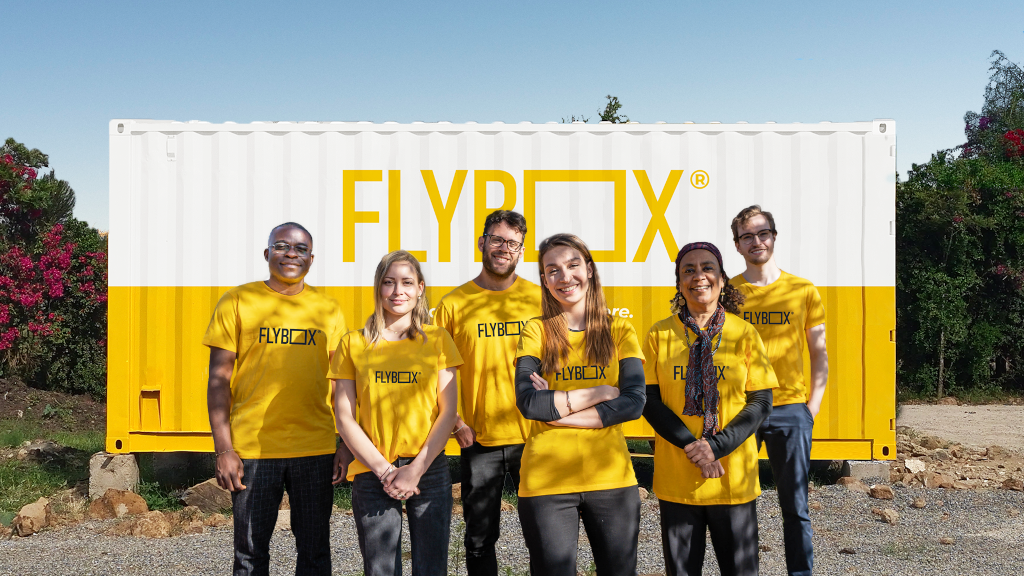
Flybox Launches World’s First End-to-End Modular Insect Farm to Tackle Global Food Shortages
Flybox, a UK-based agri-tech company, has announced the launch of the world’s first end-to-end modular insect farm in Aylesbury, UK. The launch follows a successful funding round that raised GBP 1.8m, with over GBP 1m coming from grants from Innovate UK and the European Union. The modular insect farm, which focuses on affordability and adaptability, will enable food industry players to purchase Black Soldier Fly breeding, nursery, growing, waste management, and product processing solutions separately or combined into a fully functioning and made-to-order, ready-to-go insect farm.
Flybox’s groundbreaking modular technology unlocks the tremendous benefits of insect farming for the entire food supply chain. The Flybox Grow®, the company’s first market-ready insect farming unit, is an off-the-shelf modular solution that transforms organic waste into insect-protein for animal feed and Frass for fertilizer. It unlocks circular waste management for food producers, retailers, and farmers on a global scale, and provides a top-quality source of feed and enrichment for farmers on their own land.
The animal feed and fertilizer market, which is worth £450bn and £250bn, respectively, is a prime target for innovative solutions like Flybox. The average large supermarket, farmer, or food producer could take 20 or more Flybox Grow containers per site, which could upcycle up to 6,500 tonnes of waste per year and save 6,000 tonnes of CO₂ per year per site—equivalent to the emissions of 1,200 people in the UK.
Flybox’s modular insect farm technology offers an affordable and adaptable solution for food producers globally. The company is now building a demonstrator of the world’s first end-to-end modular insect-farm in Aylesbury, UK. Once ordered, the farm is constructed locally and delivered to the chosen site(s).
CEO Andrea Jagodic said, “Flybox aims to ease access to insect-farming technology, moving away from the era of exclusively centralized insect-farming facilities. Now is the time for the industry to open up and offer solutions directly to waste producers and food producers, including the developing world.”
While Europe has advanced waste usage systems like biogas production and composting, Sub-Saharan Africa lags behind, with Kenya alone generating 14,000 tonnes of consumer food waste daily. With Flybox, governments in developing countries can finally modernize high-priority food waste policies while simultaneously reaping environmental, social, and economic rewards.
The world is projected to be 60 million tonnes short of protein by 2030, and demand for animal feed is expected to double by 2050. Climate extremes, economic shocks, and soaring food and fertilizer prices wreak chaos for food producers around the globe. Flybox’s big unlock comes off the back of a hyper-successful run of projects in Kenya and the UK in partnership with local companies, NGOs, and governments. By unlocking insect-tech solutions for food producers, retailers, and farmers everywhere, Flybox is poised to play a significant role in accelerating the global transition to circular agriculture.
Join our Live-Virtual Media Briefing on May 17 with Andrea, Larry (Flybox), and distinguished global experts to discuss insect-farming’s role in sustainable food production and how Flybox tech addresses global environmental, social, and economic problems on a global scale.


